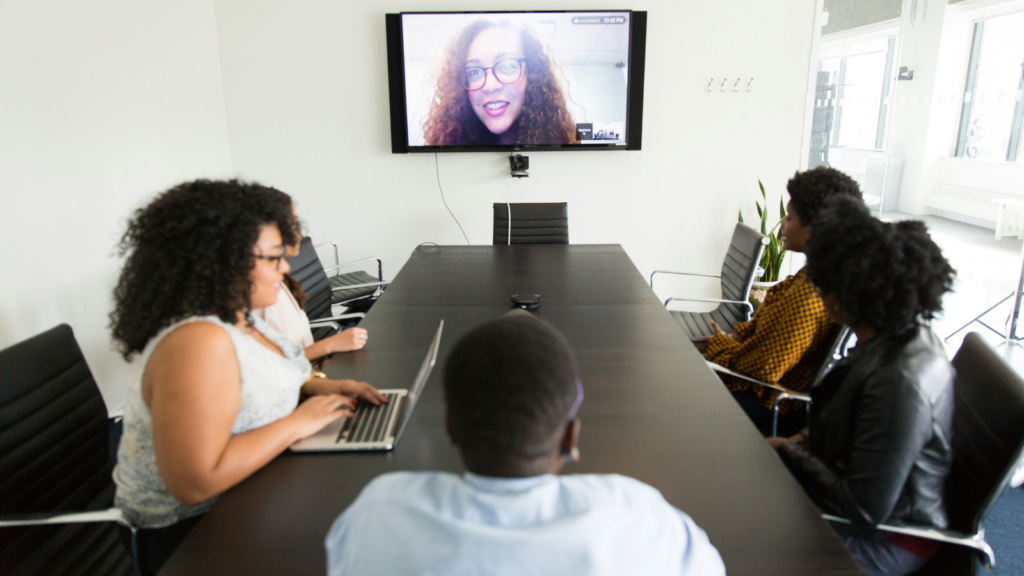In the ever-evolving world of work, Generation Z is reshaping the traditional concept of work-life balance. Born in the digital age, these young professionals are redefining what it means to blend career, personal growth, and lifestyle.
With insights from industry experts and real-life experiences from Gen Z professionals, we’ll delve into the strategies and mindsets that are setting the stage for the future of work. Stay tuned as we unpack the intriguing world of Gen Z work-life balance.
Gen Z Work Life Balance
In the ever-changing work landscape, Gen Z navigates work-life balance uniquely. Companies discern this group’s preferences in managing their professional and personal spheres, making observations crucial. Insights from professionals indicate a shift in strategies aimed at satisfying Gen Z’s balance ideals. Their method in handling stress emphasizes self-care, redefining traditional work norms. Furthermore, their use of technology serves as a powerful tool in their balance equation, an aspect companies can adopt to engage Gen Z staff efficiently.
How Companies Can Support Gen Z Work Life Balance
 Companies have an integral part to play in facilitating Gen Z work-life balance. Strategies vary, but businesses that prioritize flexibility, technological integration, mental health initiatives, and investment in development stand out. It’s crucial to remember that Gen Z’s attitudes towards work-life balance aren’t mere whims, but deep-set principles. Here are some ways businesses could support this balance:
Companies have an integral part to play in facilitating Gen Z work-life balance. Strategies vary, but businesses that prioritize flexibility, technological integration, mental health initiatives, and investment in development stand out. It’s crucial to remember that Gen Z’s attitudes towards work-life balance aren’t mere whims, but deep-set principles. Here are some ways businesses could support this balance:
- Embrace Flexibility: Gen Z prides itself on adaptability and businesses can reflect this in their work structures. For instance, offering remote work options, flexible scheduling, and results-based evaluation bolsters a balance-friendly environment.
- Enhance Technology: Gen Z grew up in the digital age. Enhancing technological infrastructure, adopting digital-first policies, or even gamifying certain work aspects appeals to their tech-savvy tendencies and supports their work balance.
- Prioritize Mental Health: Gen Z is more vocal about mental health than previous generations and expect businesses to echo this sensibility. Companies can incorporate mental wellness programs, offer therapies, or train management to recognize and handle mental health issues.
- Invest in Development: Gen Z values growth. Companies that offer skill development opportunities, create clear career pathways, or encourage continuous learning are viewed favorably.
Challenges Faced by Gen Z in Achieving Work Life Balance
 On navigating work-life balance, Gen Z professionals confront numerous hurdles. Traditional work structures, for instance, often hinder flexibility, an aspect important to 75% of Gen Z workers. Job insecurity is another concern, as unpredictable economic scenarios add to Gen Z’s existing high levels of career anxiety. Furthermore, they grapple with personal development, often feeling shortchanged in opportunities for continuous learning. Finally, spotty mental health support from employers compounds unpleasant work conditions, leading to disengagement. Each of these challenges marks a significant barrier in Gen Z’s quest for work-life harmony.
On navigating work-life balance, Gen Z professionals confront numerous hurdles. Traditional work structures, for instance, often hinder flexibility, an aspect important to 75% of Gen Z workers. Job insecurity is another concern, as unpredictable economic scenarios add to Gen Z’s existing high levels of career anxiety. Furthermore, they grapple with personal development, often feeling shortchanged in opportunities for continuous learning. Finally, spotty mental health support from employers compounds unpleasant work conditions, leading to disengagement. Each of these challenges marks a significant barrier in Gen Z’s quest for work-life harmony.
Strategies for Gen Z Individuals to Achieve Better Work Life Balance
 Building on the lessons learned from case studies, it’s Sun that sets the tone in establishing successful work-life balance, stars as accountability promoters. For Gen Z individuals, balancing work and life revolves primarily around three key strategies – leveraging technology, fostering resilience, and embracing flexibility.
Building on the lessons learned from case studies, it’s Sun that sets the tone in establishing successful work-life balance, stars as accountability promoters. For Gen Z individuals, balancing work and life revolves primarily around three key strategies – leveraging technology, fostering resilience, and embracing flexibility.
- Leveraging Technology: Gen Z individuals grew up amidst the digital revolution. As Digital Natives, they efficiently exploit technological tools to boost productivity, thus saving time for personal endeavors. For example, time-tracking apps optimize work hours while remote communication platforms enhance collaboration sans physical borders.
- Fostering Resilience: Emotional resilience bolsters one’s ability to deal with work-related stress while maintaining mental well-being. Several Gen Z individuals practice mindfulness exercises, like meditation or yoga, to build this resilience.
- Embracing Flexibility: Flexibility weaves a central role in the Gen Z work-life balance agenda. More than just flexible working hours or remote work options, it extends to flexible career models and learning opportunities. Rather than a traditional 9 to 5, many prefer project-based engagements or different forms of self-employment, exemplified by the gig economy.
Top Tips for Gen Z Workers
Generation Z’s unique perspective on work-life balance is transforming the professional landscape. They’re not just looking for jobs, they’re seeking workplaces that respect their need for balance. Flexibility, technology utilization, mental health support, and personal growth opportunities are paramount. As illustrated by the case studies, Gen Z uses these strategies to craft their own work-life balance, demonstrating resilience and adaptability. Businesses must take note and adapt to attract and retain this dynamic workforce.



